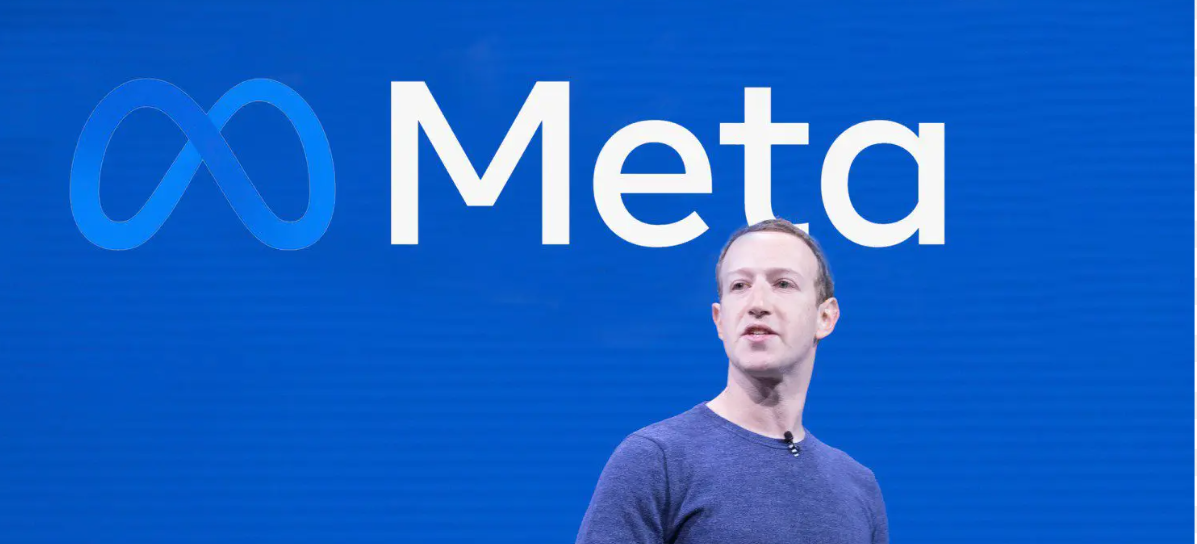Introduction
In the ever-evolving landscape of social media, Meta has introduced a new feature that claims to enhance your experience – “Link History.” But, given Meta’s track record with data practices, skepticism arises. In this article, we delve into the specifics of Link History, its implications for privacy, and how to opt out if you decide it’s not for you.
Understanding Link History
1. What is Link History?
When activated, Link History diligently logs every link you click within Facebook and Instagram, creating a personalized repository. Meta asserts it aids in rediscovering previously visited links, but questions about its data collection motives linger.
2. Privacy Concerns with Link History
Reports suggest Meta has been discreetly tracking clicked links for a while. Link History makes this tracking more apparent, raising privacy concerns. Meta states that enabling Link History may improve ad targeting across its platforms, leaving users with a conundrum between convenience and privacy.
Navigating Link History Settings
3. Enabling and Disabling Link History
Turning off Link History involves a multi-step process, a common tactic by Meta. Users often find default settings challenging to change, leading to unintentional consent for data collection. This section provides a step-by-step guide on how to disable Link History on both Facebook and Instagram.
- Open the Facebook or Instagram apps and click on any link to launch the in-app browser.
- Tap the “More” icon in the bottom right corner, then select “Settings.”
- Locate the “Allow Link History” toggle and switch it off.
- Confirm your decision to disable Link History when prompted.
4. Data Retention Concerns
Meta claims to delete Link History within 90 days of deactivation. However, the fate of other retained records remains unclear. Users should be cautious about potential residual data that might persist even after turning off Link History.
Meta’s Response to Privacy Regulations
5. Link History and Privacy Regulations
With global privacy regulations gaining momentum, Meta seems to be making efforts to align with user expectations. The introduction of Link History, coupled with the option to opt out, may be a preemptive move to avoid regulatory scrutiny. Last year’s $14 million fine in Australia for undisclosed data collection highlights the increasing importance of user privacy for tech giants.
6. Exploring Ad-Free Subscriptions
Recent reports suggest Meta is contemplating ad-free subscriptions to comply with European Union regulations. This indicates a shift towards user-centric models, giving individuals more control over their online experience.
Conclusion
In the era of increasing online surveillance, understanding and controlling the data we share is paramount. Meta’s Link History feature adds a layer of transparency, albeit with potential privacy trade-offs. Users are urged to weigh the convenience of personalized link tracking against the implications for their digital privacy.
FAQs: Unraveling Meta’s Link History
Q1. Is Link History enabled by default? A: Yes, Link History comes activated by default, often without users’ explicit knowledge.
Q2. How long does it take to disable Link History? A: After toggling off Link History, Meta mentions it may take up to 90 days to clear existing link history.
Q3. Can Meta guarantee complete data deletion after opting out? A: Meta claims to delete Link History within 90 days but remains unclear about the fate of other retained records.
Q4. Why is Meta introducing features like Link History? A: Meta is aligning itself with evolving privacy regulations and attempting to provide users with more control over their data.
Q5. How can I access a more private online experience? A: Explore Meta’s potential ad-free subscriptions and stay informed about privacy settings in social media apps.


